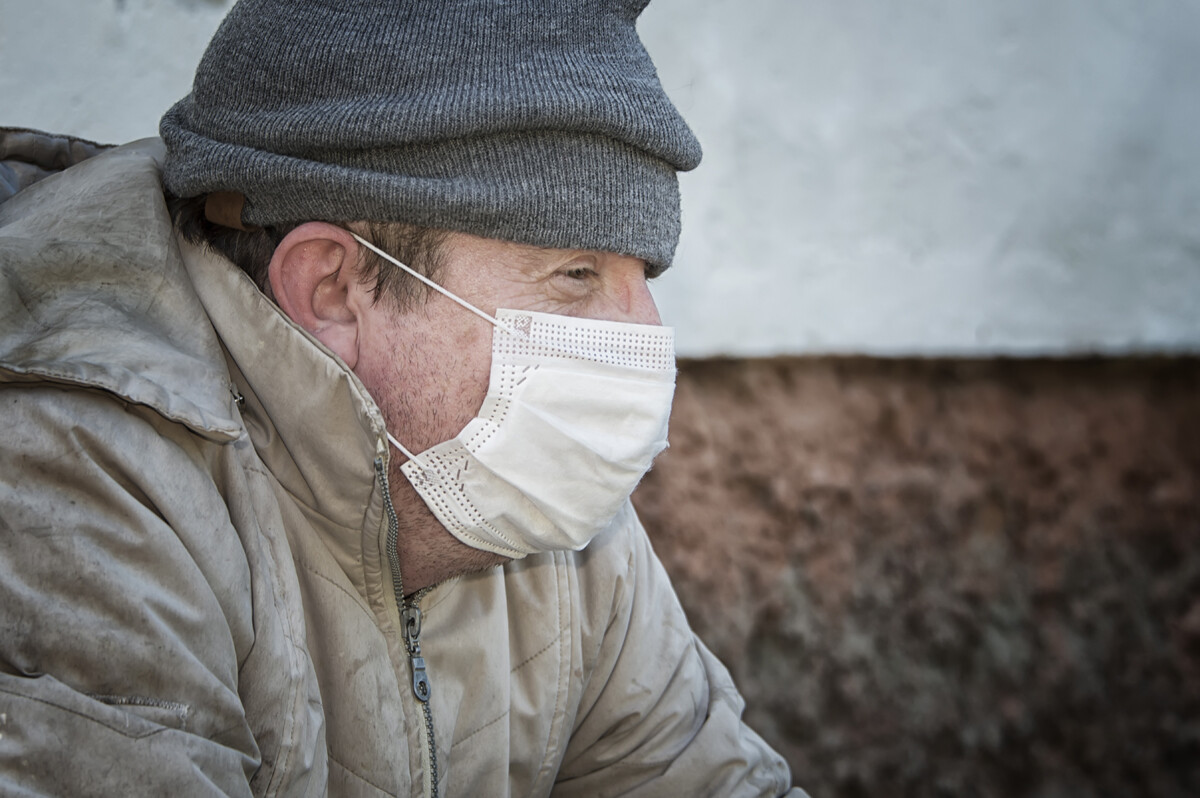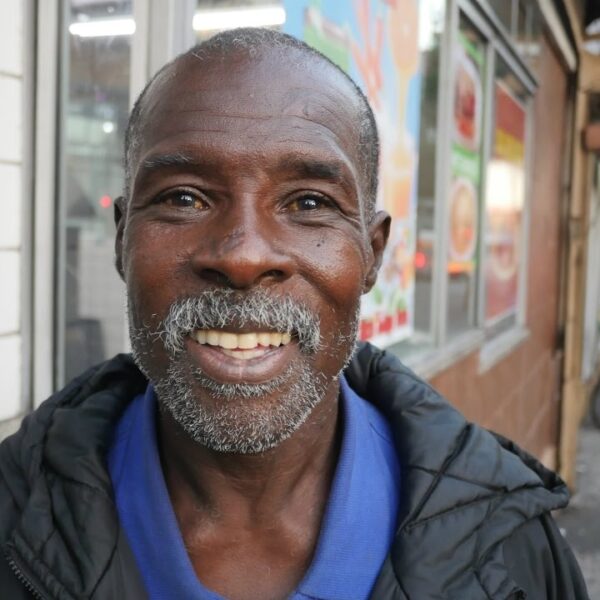It’s Been Almost a Year Since the Virus Hit the US: How Have Unhoused People Been Faring?
Predicting the Worst
In March 2020, government leaders across the country began enacting restrictions to help stop the spread of COVID-19. They issued stay-at-home orders and encouraged social distancing. At the same time, homeless people and advocates sounded an alarm. How could unhoused people follow these restrictions without a home to shelter in place in?
Statistics show homeless people are disproportionately impacted by COVID-19 simply by being unhoused. Experiencing homelessness contributes to poor health. In turn, poor health puts them at greater risk from suffering from adverse reactions to COVID-19. Not to mention it is difficult to get medical care when you are homeless. And thanks to the United States’ brutally expensive healthcare system, some people actually end up becoming homeless due to health problems they can’t afford to pay for.
Suffering from the worst effects of coronavirus isn’t the only risk. Without a relatively isolated space to live in, homeless people are more likely to be in contact with people who may pass on the virus.
A March 2020 New Yorker article profiled homeless people and activists in Philadelphia who were expecting a rush of COVID-19 cases among the unhoused community. This article pointed out that if you “slept in a public place, ate in communal settings, and [weren’t] able to wash frequently,” you were at a disadvantage in a very contagious, fast-spreading global pandemic.
Better Outlook
Months later, though, some health officials said that the situation isn’t as dire as they initially thought. An optimistic December 2020 article in the New York Times said programs that helped move homeless people into empty hotel rooms were one helpful preventative measure. This article also said that unsheltered homeless people, which make up the majority of unhoused people in California, are often protected from the virus because they live outside.
“Ventilation is good and outdoor is safer,” the article quoted a doctor saying. “It’s a perverse advantage that so many people are unsheltered.”
A November article in Street Roots, a newspaper that covers homelessness in Portland, Oregon, said that COVID-19 numbers in the city’s homeless population are lower than in the general population.
Some of this is due to Portland’s emergency preparedness measures. These included “opening socially distanced shelters, setting up handwashing stations near homeless camps, and opening hotels for self-isolation once someone has had a positive test.”
But the article points out the role of pure luck, which is precarious and has, in some cases, run out.
Optimism or Deception?
The New York Times article praised California’s efforts to keep unhoused people safe from contracting COVID-19. It also quoted a Los Angeles County medical official, Dr. Heidi Behforouz, saying that L.A.’s homeless population is “not dying at startling rates from Covid.” However, less than two weeks after the article was published, an article in the Los Angeles Times said something different.
Though they’d been successful for a while, December brought an onslaught of coronavirus cases to Los Angeles’ homeless population. County health officials took steps to contain the crisis. But the spike in cases in shelters and encampments shows how quickly the virus can take hold in close-knit communities, even if officials thought they had it under control.
Unsheltered homeless people in Southern California may benefit from the ventilation that living outside provides. But living outside in San Diego or Los Angeles is very different than living in colder parts of the country. Shelters have to be stringent about protective measures.
Some prevention practices that worked across the country, like moving vulnerable unhoused people into hotel rooms, are being stopped suddenly.
Homeless people have been getting evicted from their hotel rooms. They are told to find shelter elsewhere, even though the pandemic is far from over and has spiked nationally.
Despite protests and lawsuits, law enforcement in cities across the country have continued to sweep homeless encampments, putting people who have been able to live in well-ventilated spaces at risk.
City officials use many different excuses for why they’re sweeping encampments, effectively kicking unhoused people out of their makeshift homes. Their excuses range from perceived drug use and poor sanitation practices to neighborhood complaints.
In November, Portland, Oregon Mayor Ted Wheeler called camp sweeps a “humane response,” much to the chagrin of local homeless people and advocates.
The so-called “benefits” of living outside during a viral pandemic are meaningless if you are moved around constantly. These people deserve better. They shouldn’t have to worry about having a safe place to stay when hotels across the country have been empty for months.
Hard to Know for Sure
At the end of the day, it’s difficult to track coronavirus numbers in homeless populations. Hospitals and death certificates don’t identify housing status. And unhoused people are often forced to be transient. But even if the situation doesn’t appear to be as dire as projected, local and national governments could be doing much more to keep our homeless neighbors safe.
Public health officials hope that homeless people will be prioritized for getting the COVID-19 vaccination. Incoming President Joe Biden plans a “vaccination blitz” as soon as he’s inaugurated. Hopefully this will help unhoused communities access the vaccine earlier.
In the meantime, it’s important to urge local leaders to stop kicking homeless people out of their encampments. Demand they create long-term residences at empty hotels and offices across the country. It’s also important to practice social distancing and to wear a mask to help reduce community spread. If we want to keep all of our neighbors healthy, we have to do more than we’re doing now.












